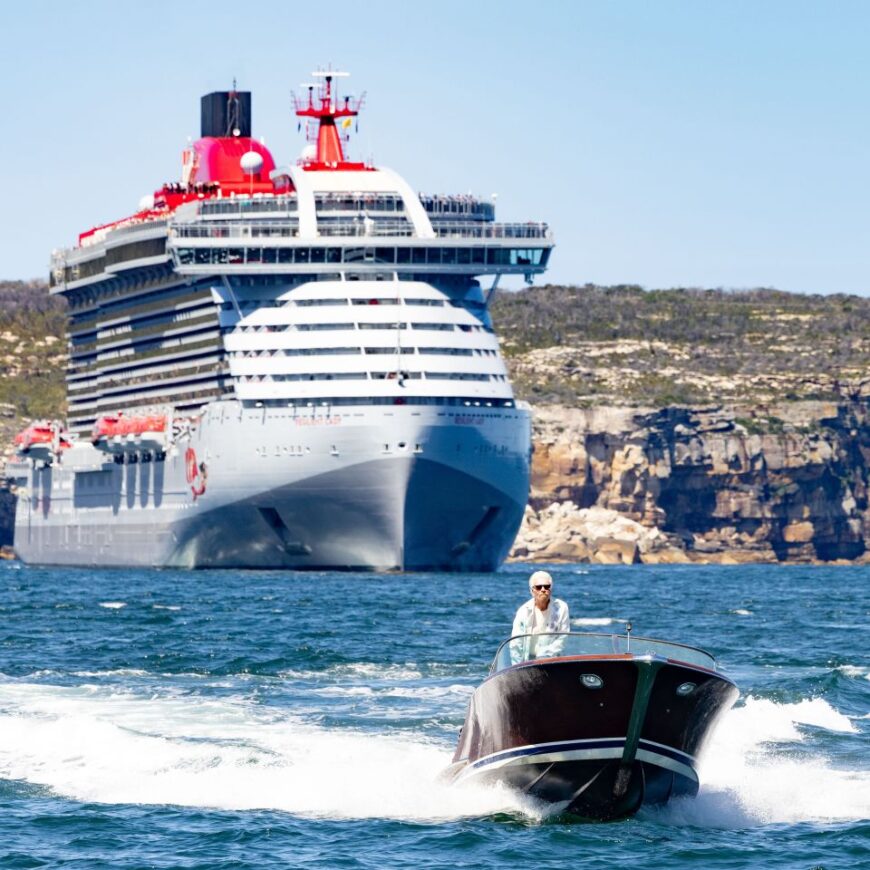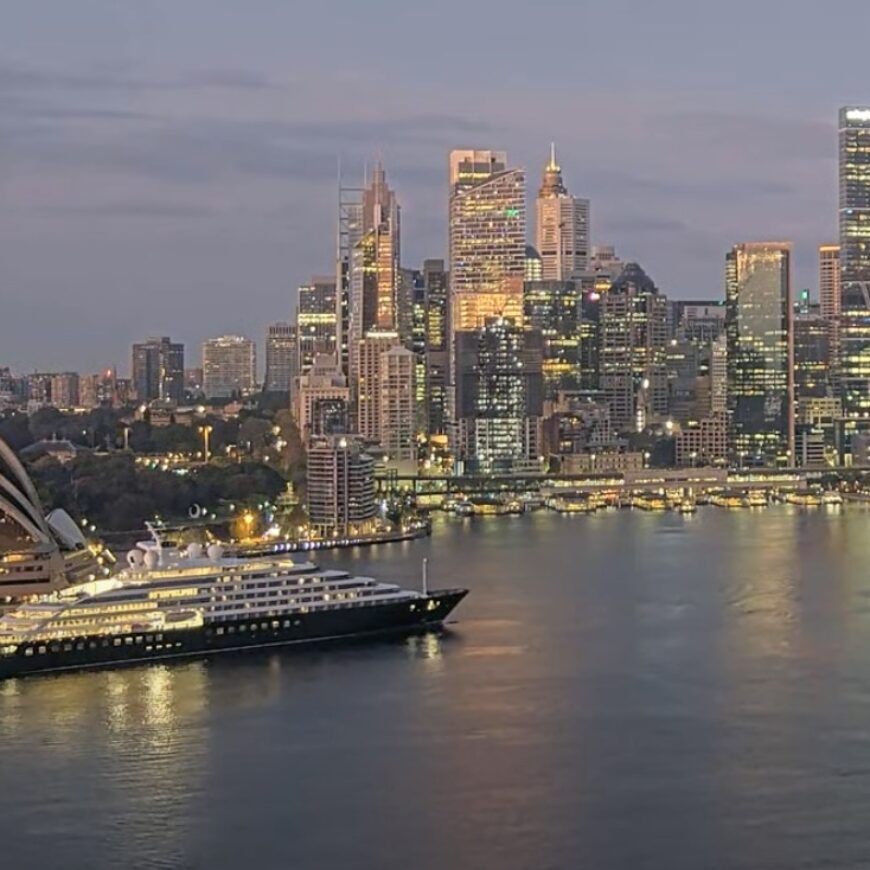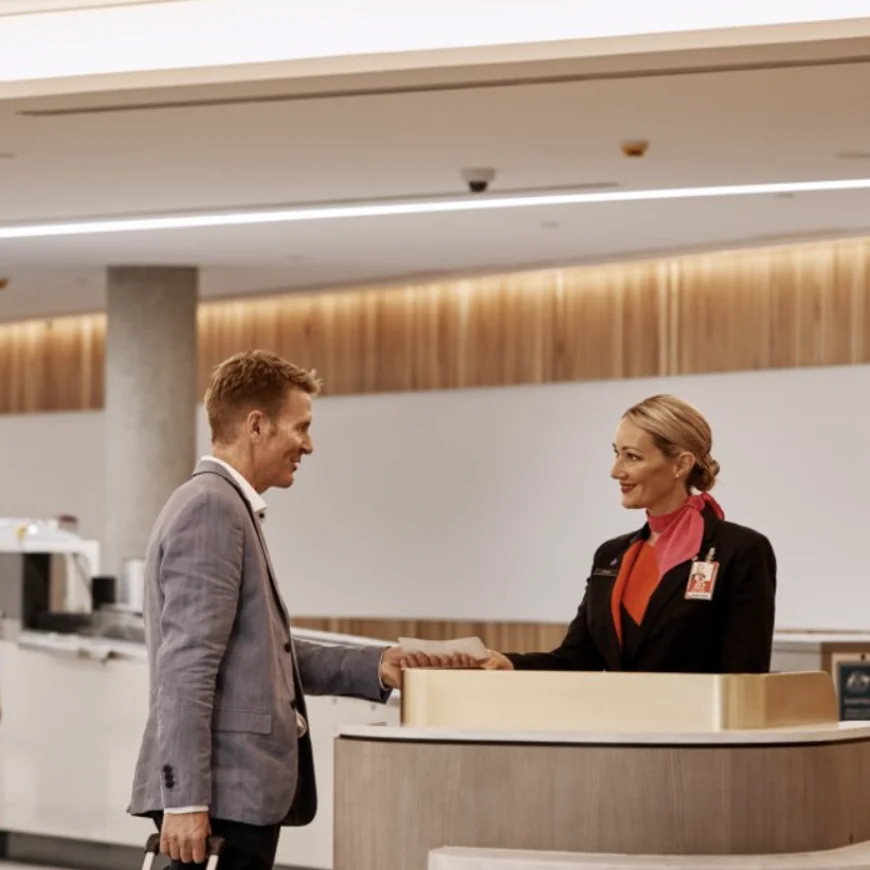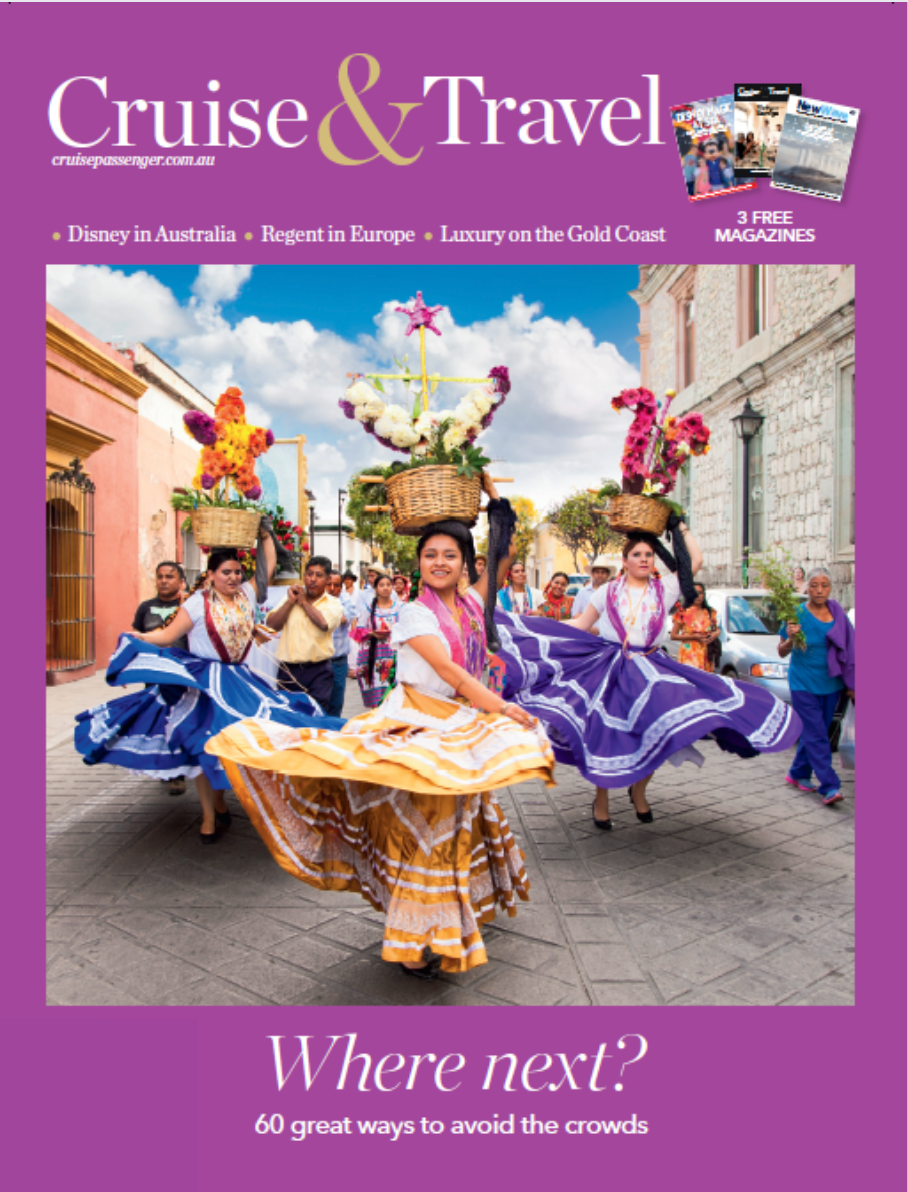Wham bam caught in a scam
NewsIt can be challenging enough for travellers to adapt to different cultures without worrying about being scammed by locals preying on your ignorance and tiredness.
Still, there will always be people trying to make a quick and dishonest buck, and the best way to protect yourself is to be aware of the tricks and cons employed by dodgy locals looking to cream some of your holiday cash or take ownership of your valuables.
The Federal government’s Smartraveller website advises on a number of scams. Here are some of its tips.
Airport Taxi Scam
What it is: Unlicensed, unmetered drivers often congregate in airport arrivals halls and major tourist destinations, offering flat-rate fees to drive foreign tourists to their chosen destination. In many cases the fees are much higher than metered fares.
What to do: Before you depart, read up on what transport services are available at the airport. Only follow signage or advice of authorities to official taxi service providers who most often remain outside the terminal in their vehicle.
Pickpocketing / diversion scam
What it is: In crowded areas with high tourist traffic, you may encounter scenarios in which your attention is diverted from your valuables and onto something else. This allows potential thieves to pickpocket you while you are distracted, for example a crowd of beggars jostling you or an unsolicited offer of assistance from a group of persons.
What to do: Be aware of parts of a city where pickpocketing is most common. Be vigilant in such areas, alert to your surroundings and treat any unusual diversion as a potential pickpocket attempt. Put valuables like your wallet, phone and passport in pockets which are harder to access.
Visa scam
What it is: Travellers have been scammed into purchasing visas for travel which are either unnecessary, unlawful or overpriced. There are a number of third parties that have established websites that charge a fee for submitting your visa application on your behalf – some of these are fraudulent.
What to do: Only apply through links or organisations recommended by the diplomatic or consular mission of the country you are going to visit. Check the Smartraveller website (www.smartraveller.gov.au) for information on entry/exit requirements for your destination. If you think you have been defrauded, report it to the mission of the country you are going to.
Massage / tea ceremony scam
What it is: Travellers are approached in public and invited for a massage, teahouse service, or to go to a café or bar nearby for reasons including “to practice English”. In these locations – and after services have been provided – travellers are presented with a vastly inflated bill and not permitted to leave until the bill is paid. Some Australians have been violently assaulted.
What to do: We recommend you do not accept unsolicited invitations while travelling. If you do, you should clarify any charges first. We encourage you to only organise massages and other similar services through your hotel or a reputable provider.
Jet ski / motorcycle / car hire scam
What it is: When hiring jet skis, motorcycles and cars, Australian travellers have reported harassment and threats of violence by transport operators for returning vehicles that have allegedly been damaged. In some cases, thousands of dollars have been demanded and passports taken as collateral not returned.
What to do: Check online for reviews of local travel companies. Thoroughly check over any vehicle for damage before hiring. If you have a smartphone or digital camera, you can take photographs of any pre-existing damage. Ensure your insurance covers you for use of recreational transport, especially when you are not licensed in Australia. Never hand over your passport as collateral.
What to do if you are a victim
For overseas scams, make sure you contact local police authorities and always obtain a police report. If it’s a serious issue, you should call your travel insurer’s 24 hour emergency number as soon as possible. Consular officers at Australian diplomatic missions can provide consular assistance.
If you are a victim of a financial or internet scam, we advise you to contact your financial institution and/or the ACCC (1300 302 502) and obtain legal advice. Do not travel overseas to seek restitution as there is a risk of physical assault from the perpetrators. Victims that have been defrauded and who travel to the originating country have had their lives endangered. Some victims have been killed. The Australian Federal Police advise you to report the matter to your state or territory police service and request that your report be forwarded to INTERPOL.
Have you ever been scammed? Tell us about your experience.













